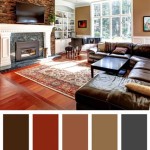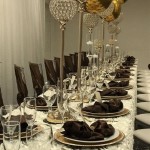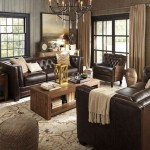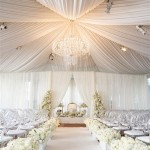Horror Living Room Decor: A Guide to Creating a Spooktacular Space
Transforming your living room into a spooky sanctuary for horror enthusiasts can be a thrilling project. By incorporating eerie elements and macabre details, you can create an immersive atmosphere that will send shivers down your spine. This guide will provide you with a comprehensive overview of horror living room decor, including inspiration, tips, and product recommendations.
Color Palette: Shades of Darkness
The color palette for a horror-themed living room should evoke a sense of darkness and mystery. Rich hues such as deep reds, blacks, and purples create a brooding and unsettling ambiance. For a more subtle approach, consider using shades of gray or brown with accents of blood red or neon green.
Furniture: Creaky and Unsettling
The furniture in a horror living room should be as eerie as it is comfortable. Antique or distressed pieces with intricate carvings or claw feet add a touch of Victorian elegance to the space. Choose sofas and armchairs with dark upholstery and faded fabrics that suggest a haunted history.
Lighting: Flickering and Dim
Lighting plays a pivotal role in creating a horror atmosphere. Dimmable lights with flicker features can simulate flickering candles or an old-fashioned gas lamp. Use lighting to cast eerie shadows and create a sense of suspense. Candles with scents such as pumpkin spice or gingerbread can add a touch of ambiance and warmth.
Wall Decor: Ghoulish and Graphic
The walls of a horror living room should be adorned with art that depicts macabre scenes or evokes a sense of terror. Vintage horror movie posters, framed prints of Edgar Allan Poe's poems, or black-and-white photographs of haunted locations are all excellent choices. Consider creating a gallery wall of gruesome images to create a truly unsettling display.
Accessories: Skulls, Bones, and Other Spooky Curiosities
Accessories are the finishing touches that bring a horror living room to life. Place skulls, bones, or taxidermied animals around the space to create a feeling of unease. Use vintage medical equipment as decorative accents or display strange oddities such as Ouija boards or fake ghost detectors. The key is to evoke a sense of mystery and intrigue with every item you choose.
Textiles: Dark and Mysterious
The textiles in a horror living room should be dark, textured, and enigmatic. Throw pillows with velvet or faux fur covers add a touch of luxury to the space while creating a sense of opulence. Heavy drapes or curtains in dark colors or with haunting patterns can block out the light and create a more immersive atmosphere.
Plants: Wilted and Decaying
Plants can add a touch of life to a horror living room while still maintaining the eerie ambiance. Choose plants with wilted or decayed leaves, such as spider plants or weeping willows. Place them in antique vases or terra cotta pots that have been stained or aged.
Sound Effects: Ambient Noise and Creaks
Sound effects can enhance the horror atmosphere of a living room. Use a speaker system to play ambient noise such as thunder, wind, or creaking floorboards. These sounds will create a sense of unease and heighten the tension within the space.
Creating a horror-themed living room is a fun and rewarding project for those who appreciate the macabre. By following the tips and inspiration provided in this guide, you can transform your living space into a spooky sanctuary that will delight and terrify your guests.

30 Magnificent Diy Interior Decorating Ideas That So Inspire Living Room Home Decor Goth

120 Best Horror Room Ideas Decor

Pin On Home Decor

Town Living Room Gothic Home Decor Ideas

13 Dramatic Gothic Room Design And Style Suggestions Living Decor Home

Wish This Was My Living Room Rockabilly Decor Horror

Amazing Michael Myers Room Horror Decor

Horror Room Pinup Style Living Decor

Pin On My Home Ideas

Pin By Lilia Morris On Themed Rooms Horror Room Bedroom Decor
Related Posts







